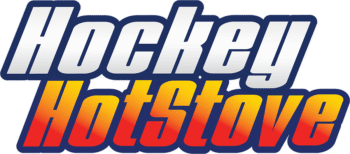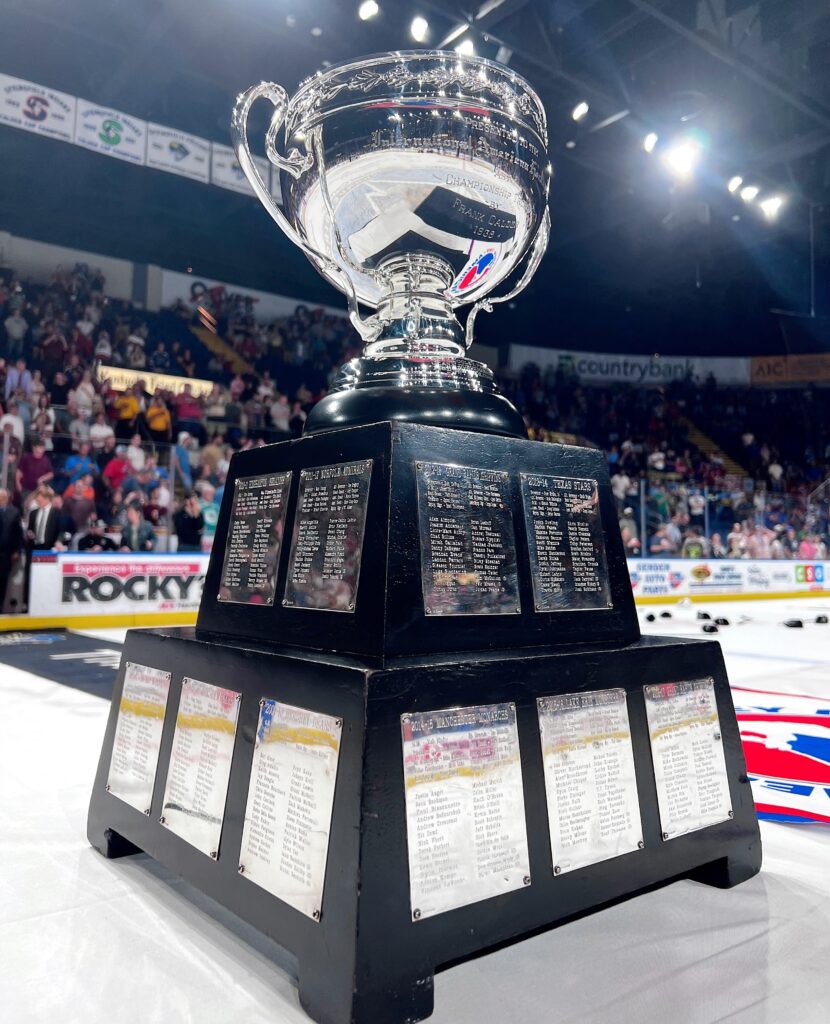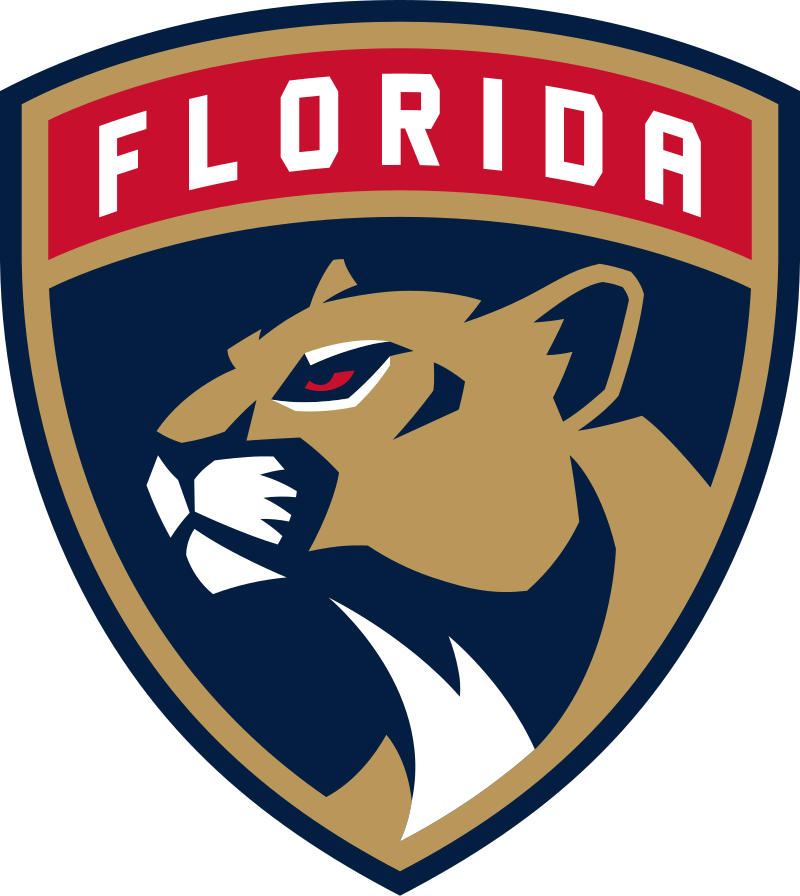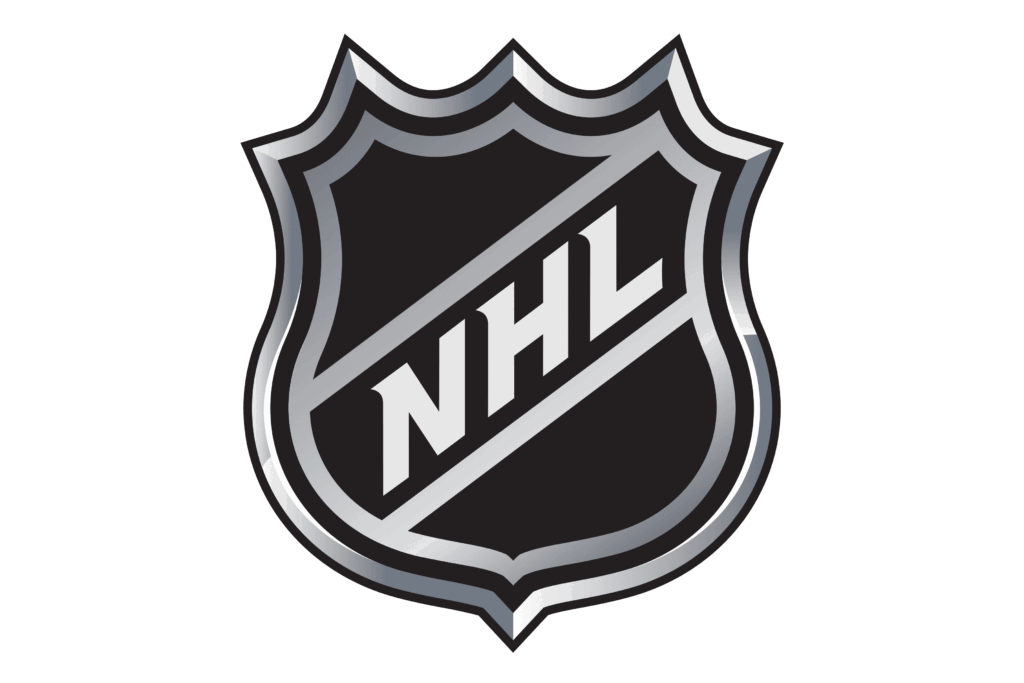My colleague at Hot Hot Stove, Ted Starkey, recently wrote about why the NHL should consider Atlanta as a market for league expansion. Moving from 32 teams to 33 (and then 34) is inevitable, and Atlanta is on the shortlist for a new team.
There’s a good argument for the city. It’s in a big sports market in a region that, like South Beach, can become a destination, and Turner Network Television (TNT) has its studios in the city.
The problem isn’t that the market failed twice. It’s how Atlanta let the league down. Hockey’s history shows what makes an expansion market successful, and it’s why they must consider other cities that check off the boxes for success instead of keeping Georgia on my mind.
Population
There’s no fan base if there are no people. It’s about as cliche and obvious as it gets that a great hockey market needs a large population. Even cities that are labeled as “transient” or lack the required demographics for a strong fan base often make up for it with larger populations.
Take Las Vegas, for example. At first glance, the city is seen as transient, with many tourists coming to the strip for a few days and leaving. The population is over 500,000, with many of the residents having little or nothing to do with the strip or the casinos (it’s like assuming everyone in New York City works on Wall Street or in Times Square, or everyone in Los Angeles is in Hollywood).
A big city brings with it all the things that make a hockey market what it is. The fans, the corporations, the sponsors, and places for players to settle both early on and later in their careers (every big city has great suburbs, making it easy for a veteran who signs an eight-year deal to settle down in any market).
It’s why, on the flipside, Winnipeg is always linked to relocation. They have the passionate fans, arguably the most passionate in the NHL. They have the smallest population in the league as well, and the small city always puts them under a microscope, especially when the team’s attendance drops.
Infrastructure for Hockey
It’s one thing to have a big city. It’s another to have a city with the infrastructure in place for an NHL team. It’s where Atlanta starts to show its flaws as a market. A good infrastructure isn’t just an NHL-caliber arena, although that’s essential, just look at the downfall of Phoenix, where the end of the Arizona Coyotes’ tenure was played out in a college arena.
The cities that have NHL success are the ones craving an NHL team and are ready to take it on full force. It’s a market with a population that is ready to kick off the ground running with an NHL team.
The Minnesota market lost the North Stars to Dallas in the 1990s. When the NHL returned in the form of the Wild, they were eager to have hockey back. The same is true about Winnipeg and why the market is still a success despite the small population. Even the Seattle Kraken, a team that has been a bottom-feeder since its inception, is still thriving because of the fans hungry for hockey.
There is an ownership group (or at least there will be one) that wants to bring hockey back to Atlanta. There isn’t the same desire from the city. In comparison, Quebec City has petitioned multiple times to have the NHL back in the market, and when Gary Bettman is often available to the media, he’s often asked about the market.
Hockey History Helps
Many cities have arenas capable of hosting an NHL franchise. Few have a proven track record of successfully hosting a hockey team. Seattle had the Thunderbirds in the Western Hockey League (WHL) and a history of hockey dating back to the early days of the NHL (like 1917, early).
Cleveland and Milwaukee don’t have NHL teams but their American Hockey League (AHL) teams always rank near the top in attendance. The two midwestern markets would work out for the NHL for that reason (among the others mentioned above).
To be fair to Atlanta, they have a hockey history. The problem is, it’s not a good one. As the saying goes, fool me once (Colorado Rockies, Minnesota North Stars, Winnipeg Jets, California Golden Seals, Ottawa Senators, Philadelphia Quakers, Pittsburgh Pirates), shame on you. Fool me twice (Atlanta Flames, Atlanta Thrashers), shame on me.
So Does Winning
It’s possible the Denver market never takes off if the Colorado Avalanche aren’t successful from day one. They moved in 1995 and won the Cup that season, facing the Florida Panthers in the Final, another market that might have never gotten off the ground if they didn’t win. The same can be said about the Vegas Golden Knights, reaching the Final in their inaugural season and winning it all in 2023.
Winning helps and gives the team a much-needed boost. It’s why Atlanta, a team that never had a strong start, seems like a good spot with the new expansion rules (although it’s worth noting, the Kraken didn’t do much with their expansion draft). Winning isn’t just about the product on the ice; it’s about the culture established from the top down with an ownership group that proves a willingness to spend and an urge to win.
It’s why Atlanta or any market that joins the NHL will be at an advantage. The league can pick who joins the exclusive club, and the only type of owners they will let in are the ones who want to spend and not cut corners. Even if the team isn’t successful from day one, there will be an ownership group making an attempt at it, which favors Atlanta.
It’s Better to Have Angry Fans Than Disinterested Fans
The crux of the Atlanta issue and their market is this. When a team loses in Atlanta, the fans lose interest as well. The same issues football had in Los Angeles in the 1980s became the downfall in Atlanta.
When a team in Buffalo, Montreal, Toronto, or Vancouver struggles, the fans are frustrated. The attendance drops but the fans still show up and show their support (or disapproval) for the team. The non-traditional hockey markets, especially one like Atlanta, see the fans lose interest and never get it back.
Atlanta, and Georgia for that matter, has plenty of other sports teams to follow. If the hockey team isn’t great, the baseball, basketball, football, or collegiate teams are, and they become the hot tickets.
For the NHL, the best markets to explore are the ones that don’t have the other attractions, particularly the sports teams for fans to turn to when things go south.
So, Some Markets Check Off These Boxes For Both The NHL & AHL
As mentioned above, Cleveland and Milwaukee are two great spots. They are the midwestern markets for the NHL to turn to and form instant rivalries with big markets like Chicago and Detroit.
Out west, there’s Portland, which, like Seattle, has quite a past with the NHL, and Phoenix, which the NHL will revisit with a competent ownership group and an arena in place.
Of course, the NHL will want to look at the southern markets, especially after seeing the success of the Panthers, Stars, and Tampa Bay Lightning. Houston is the city to consider, with New Orleans being a close second.
With the NHL inevitably expanding, the AHL must keep up. The Bridgeport Islanders are reportedly moving to Hamilton after the 2025-26 season, and it’s a sign that the league is bracing for expansion. They’ll revisit Bridgeport but also look for other mid-sized markets that can host an AHL team. Of course, a lot depends on where the NHL team is located (a team in Atlanta might want an affiliate in Savanah) but cities like Albany, Kansas City, and Boise can be considered.
Ultimately, Atlanta is a market the league sees worthy of giving another shot to. That said, the NHL should look at better markets before returning to Georgia.




